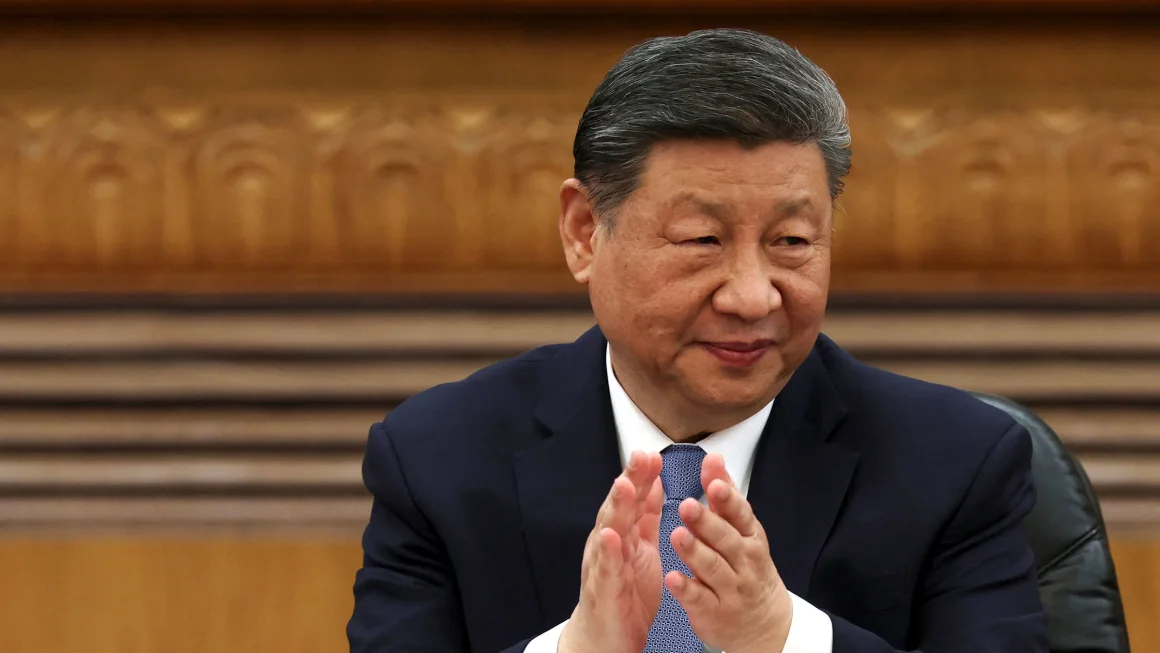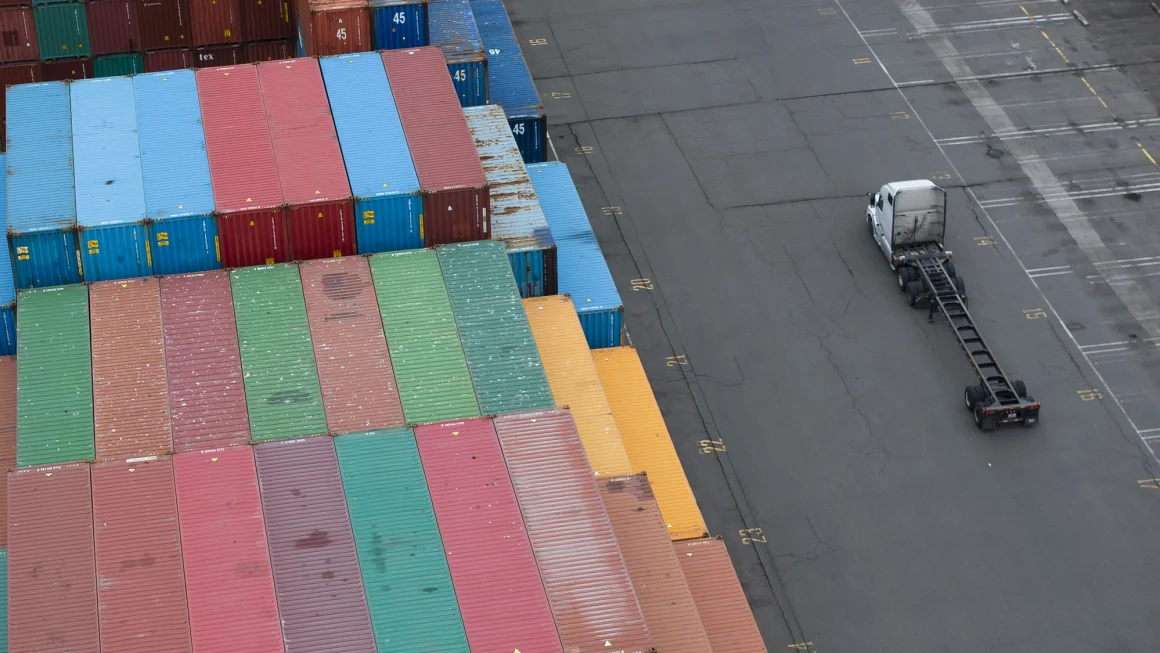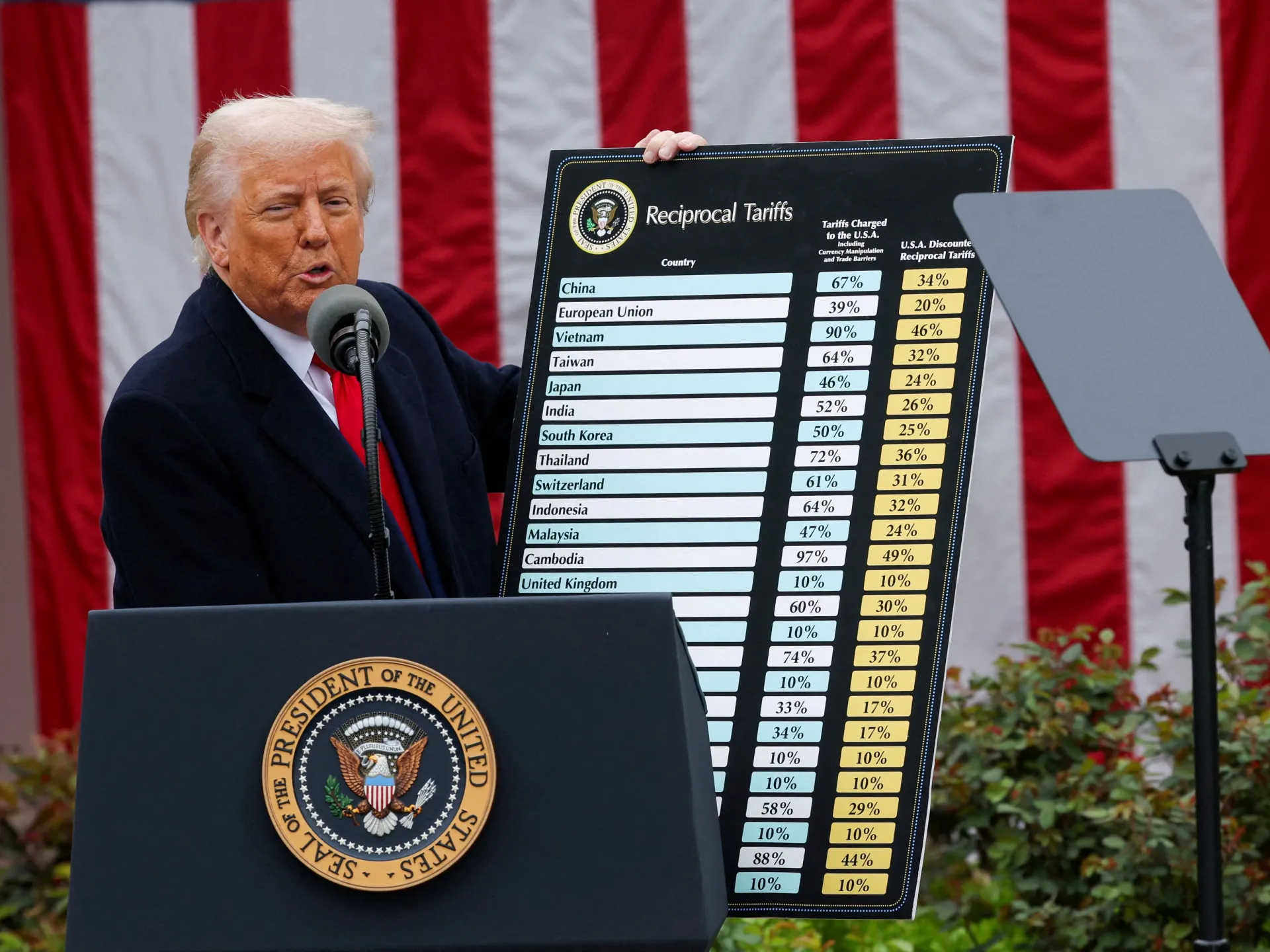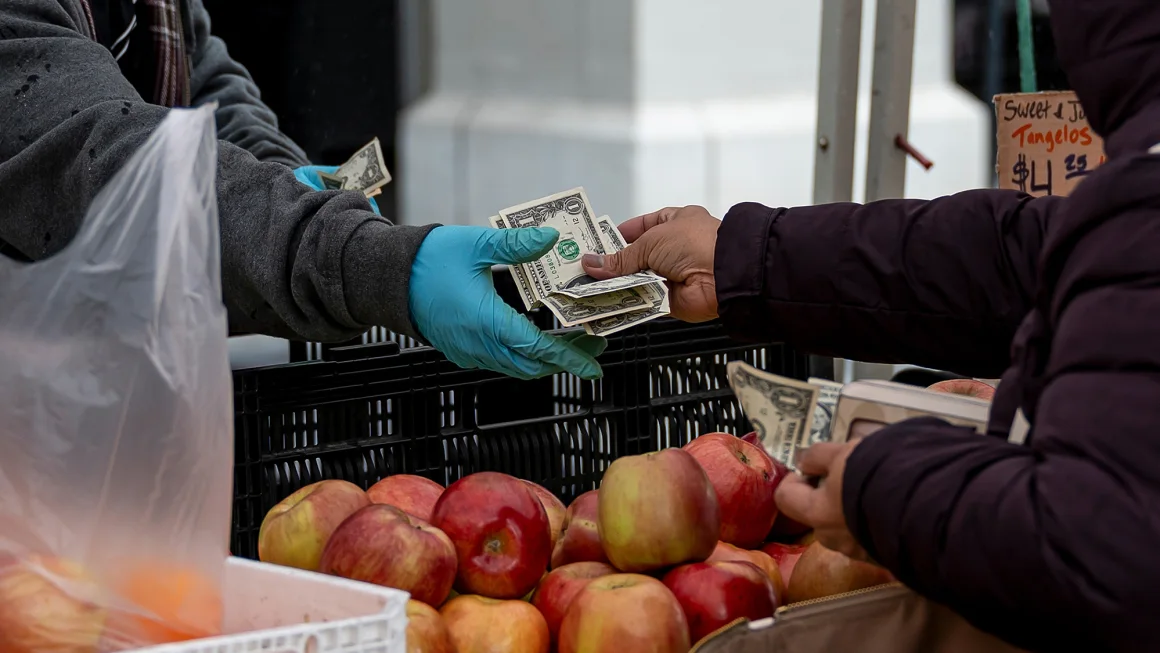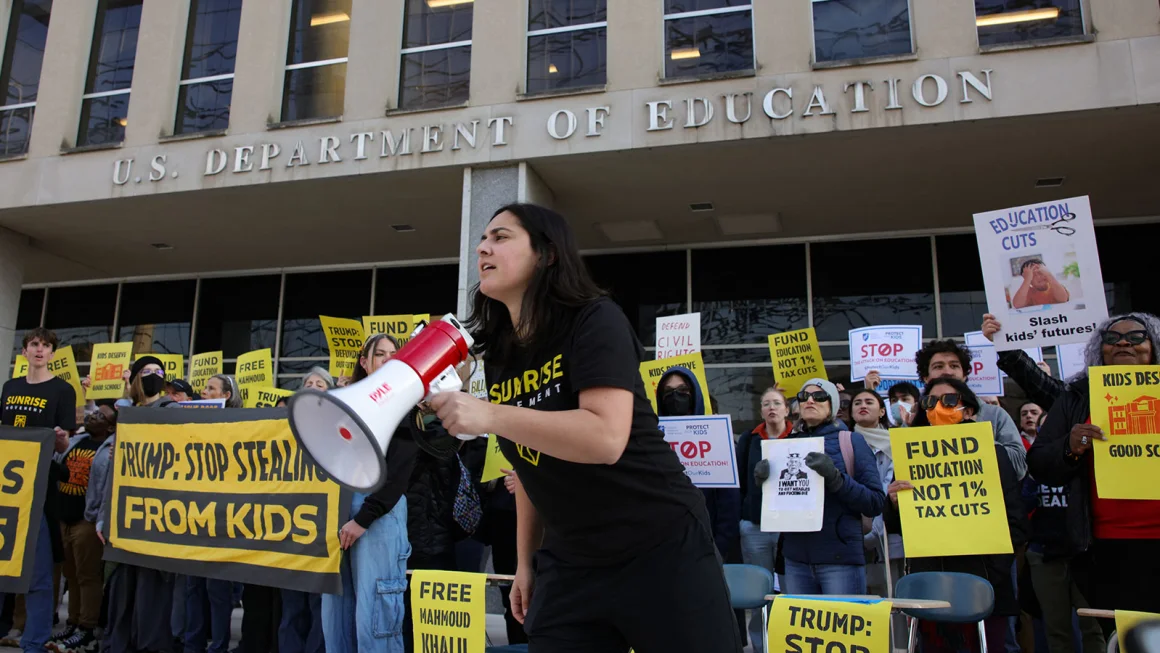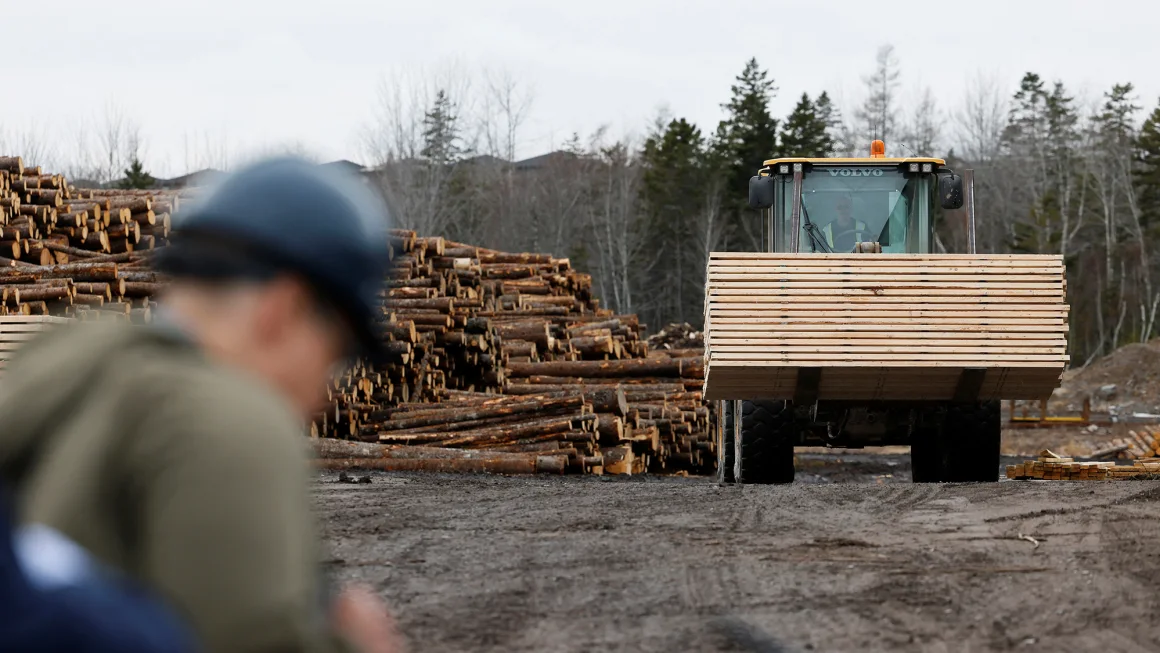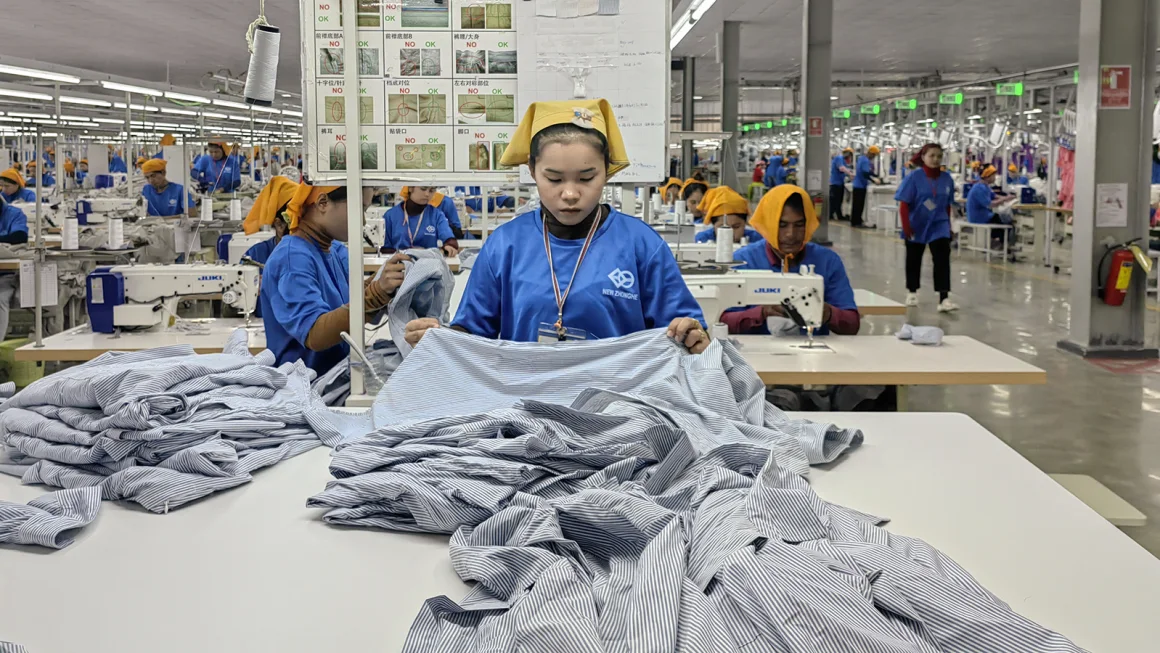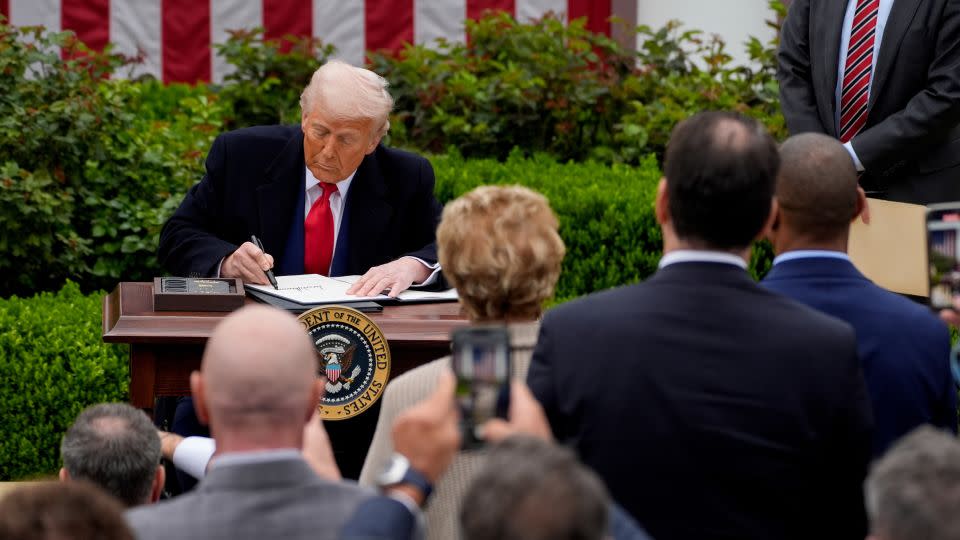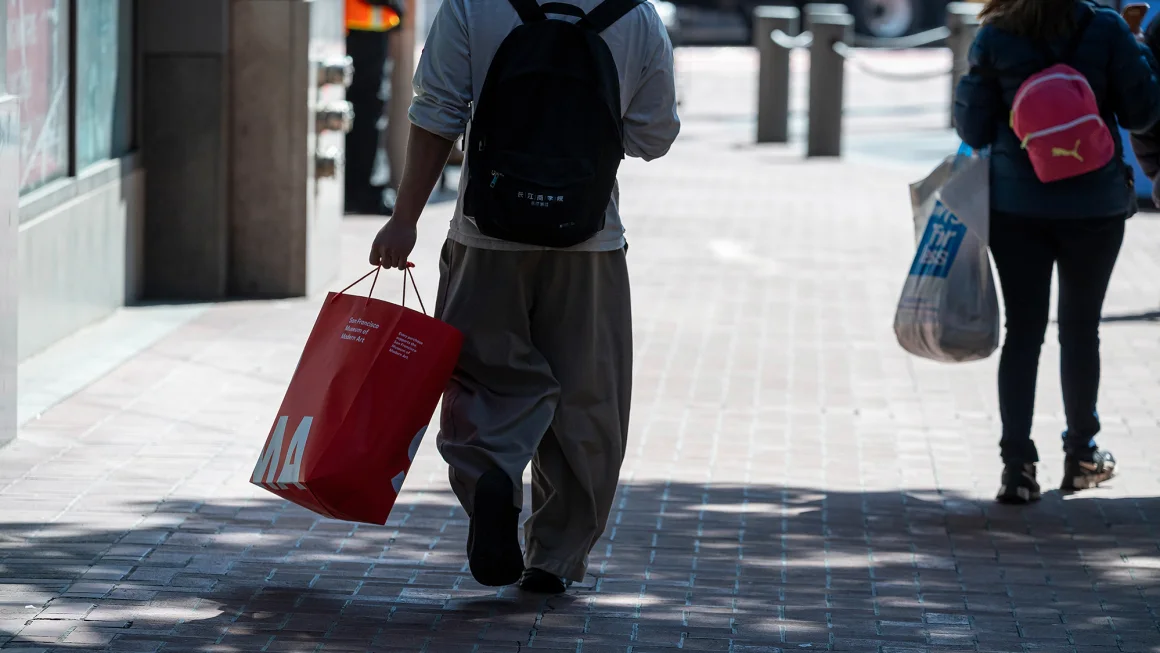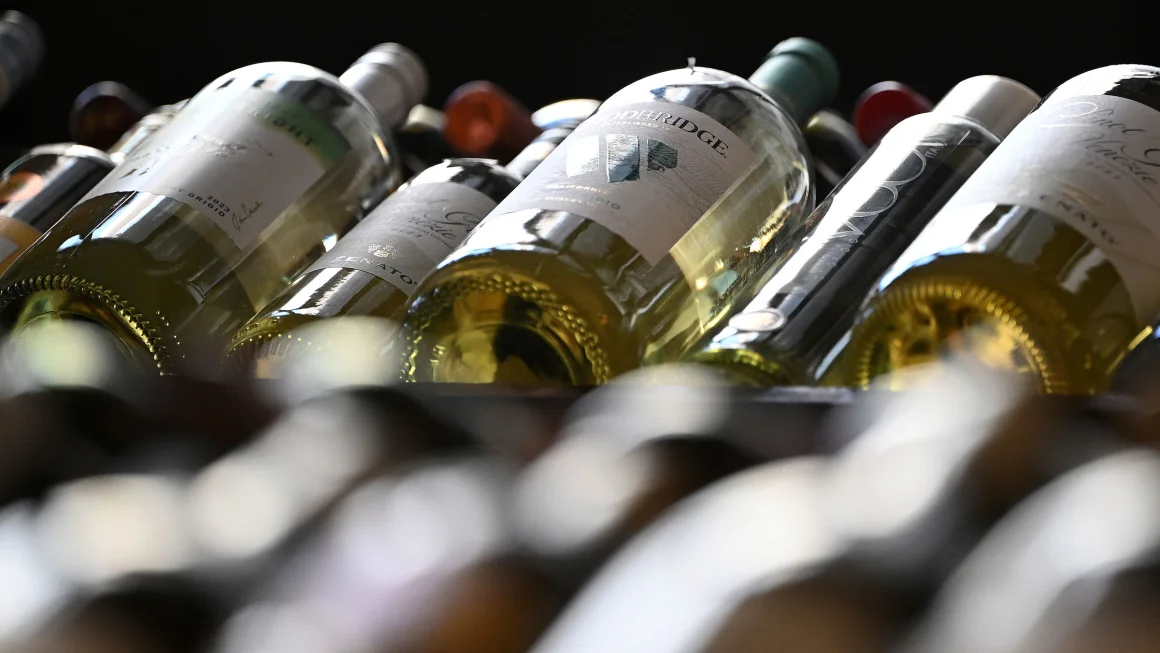
President Trump recently threatened to implement a 200% tariff on all wine, Champagne, and other alcoholic beverages imported from the European Union, suggesting on social media that this would benefit U.S. wine and Champagne businesses. However, many winemakers and grape growers in California, which produces the majority of the nation’s wine, are nervous about the potential impact of the proposal. While some hope it could lead to increased interest in California wines, others worry that it could destabilize an industry already grappling with weakened demand and challenges like crop damage from wildfires and droughts.
John Williams, founder of Frog’s Leap Winery in Napa Valley, expressed concerns about the global interconnectedness of the industry. “We are a farming family business, but we are linked to a global market,” he said. “This is bad for the industry as a whole.”
Wine and alcoholic beverages are among the EU’s top exports to the U.S., and imposing tariffs could significantly increase the cost of European wine for U.S. consumers, whether purchasing from restaurants or liquor stores. Trump’s 200% tariff proposal adds to the growing tensions in the trade dispute between the U.S. and the EU. In addition to these potential tariffs, Trump has already placed a 25% tariff on steel and aluminum imports from the EU, which led to retaliatory measures, including a 50% tariff on American whiskey scheduled to begin in April.
For Williams, one of the main concerns is the impact of retaliatory tariffs on distributors — the intermediaries who buy wine from producers and sell it to retailers and restaurants. “We all rely on the same distributors. The health of those businesses is crucial for wineries worldwide,” he explained.
His winery also exports to Canada, another country with its own trade tensions with the U.S. In light of these tensions, some stores have removed American alcohol brands from their shelves, further affecting sales. “We need to keep moving as much product as possible. We can’t afford disruptions right now,” Williams added.
Larger Producers May Benefit
The overall demand for wine has been declining, with younger generations consuming less alcohol compared to Baby Boomers, according to a recent report from Silicon Valley Bank. The report predicted a decline in total wine sales of between 1% and 3% in 2024. This drop in demand has particularly impacted smaller, family-owned wineries and farms in California, said John Duarte, a former Republican Congressman who runs a family farm and grapevine nursery.
Duarte argued that larger alcohol corporations, which import and export wine, would be less affected by the tariff than smaller businesses. U.S. Customs and Border Protection offers refunds on certain duties, taxes, and fees paid on imported items, as long as a company exports similar items. This system could encourage big companies to import more European alcohol at higher prices to take advantage of these refunds, potentially giving them an edge over smaller domestic producers.
“At first, you might feel grateful that President Trump is standing up for the domestic wine industry, but the 200% tariff, on top of existing taxes, gives a huge advantage to global wine companies involved in both importing and exporting,” Duarte explained. “While I agree some U.S.-EU trade is unfair, we need a more thoughtful approach to solving the issue.”
A Silver Lining for Some Producers
Not all California winemakers share the same concerns about Trump’s proposed tariffs. Bruce Lundquist, co-founder of Rack & Riddle, the largest sparkling wine producer in the U.S., is optimistic that the tariffs could increase interest in his company’s products.
In 2023, the U.S. imported nearly 27 million bottles of Champagne, making it the largest export market for French Champagne, according to Comité Champagne, a trade association. A 200% tariff on Champagne imports, and the likely resulting price hike, could significantly impact the market, but Lundquist sees an opportunity for U.S. producers.
“Nobody wants a trade war, but it could boost business for domestically produced sparkling wines,” Lundquist said. He pointed out that many of these businesses are small, family-owned operations that employ local workers. “It would be refreshing for American consumers to focus on domestic wine products,” he added.
While the overall outlook for California’s wine industry remains uncertain, the potential impact of Trump’s tariff proposal is stirring both anxiety and cautious hope among producers across the state.

